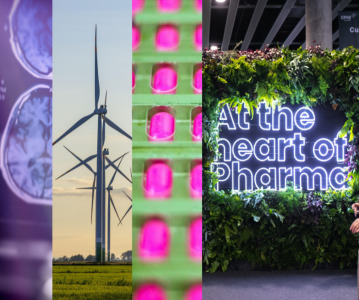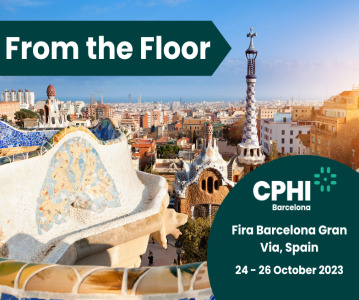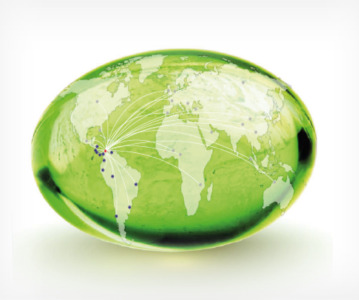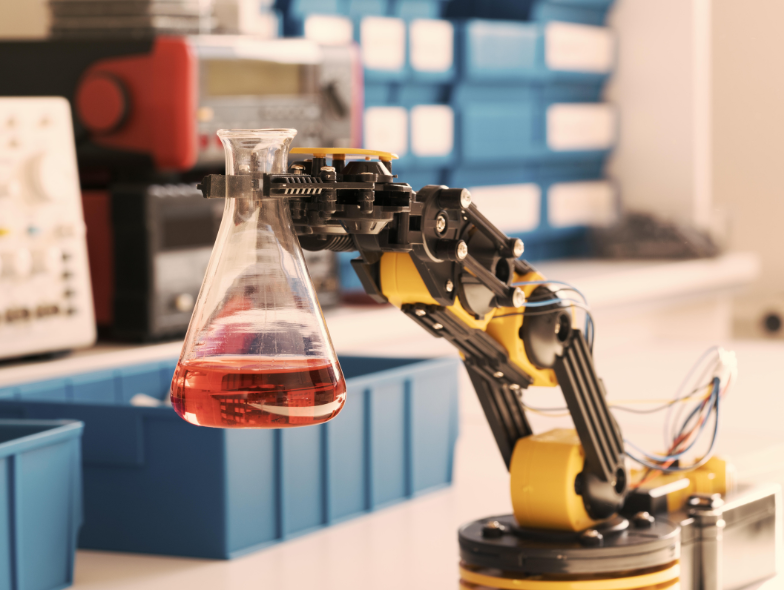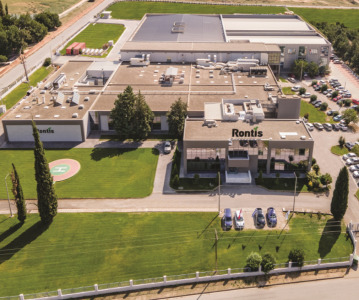A Circular Economy and it's Importance to National & European Economies
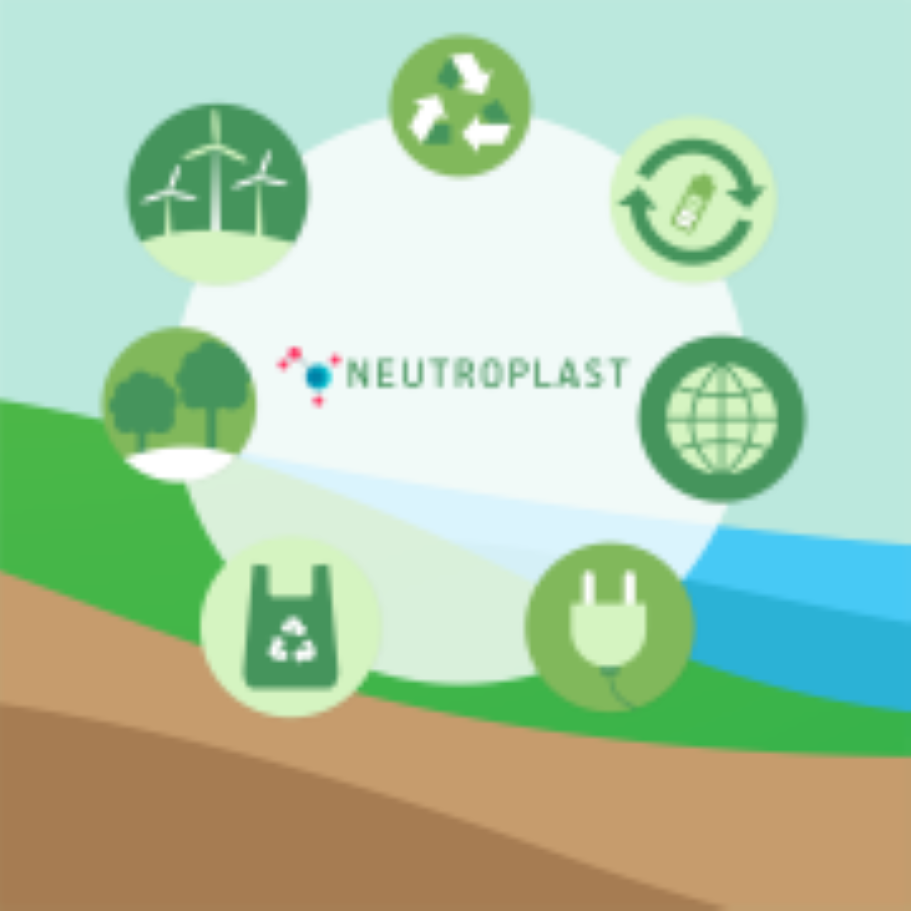
Neutroplast is a plastic packaging producer whose main focus is supplying the pharmaceutical industry. The company has been present in the market for over twenty-five years and is a prominent player in the Portuguese pharmaceutical industry landscape. Over time, it has constantly strived to develop a sector that is vital for our society in partnership with pharmaceutical companies, universities, research hubs, industry associations, and other stakeholders.
This article outlines ongoing projects in the field of sustainability, goals to be achieved, and deadlines
For Neutroplast, the circular economy is nothing new. As a plastics processor, we are very aware of the role these products play in the global environmental equilibrium. So the European Commission Directive on Plastic and the way it approaches the use of this raw material came as no surprise, both because there is a need to think about the use of plastic in a new way, and because of the awareness that plastic is an integral material in the economy and in our daily lives.
Projects Driving Sustainability in Pharmaceutical Packaging
In the course of our business, we were already aware of a pressing need to recreate plastic processing industries. Therefore, we started a silent revolution in the form of a wide range of initiatives to reduce our environmental footprint:
We have made considerable investments, such as photovoltaic panels for self-consumption or the automation of internal production processes, and these have brought considerable improvements to the environmental performance of our business, but also in multiple smaller initiatives, which cut across all processes and produced significant results.
There was a focus on the company's consumption of plastic and plastic cups and cutlery were removed; now these utensils are made of ceramic and metal. Plastic bottles were also removed with the installation of new drinking fountains and glass and aluminum bottles were gifted to employees. On the other hand, the coffee drunk on the premises is now provided free by the company and is made without using capsules of any kind.
Electricity consumption was also completely overhauled: we installed LED lighting at all locations, where possible, and now carry out close monitoring of air flows, which on the one hand allows for a smaller impact on the electricity used for compressed air generation and, on the other hand, waste reduction and reuse of materials has reached levels of excellence through SMED procedures, standardisation of tools, and protocols for Organization, Order, and Cleaning.
But Neutroplast believes that this path cannot be walked alone. We accept our role as a leader in ecological industrial associations; we actively participated in Operation Clean Sweep, our partners include Zero Plastic Oceans and SmartWaste Portugal, and we are also subject to analysis in the ECOVADIS index. Collaboration with these key organizations in the new configuration of environmental protection is in fact proof positive of capacity generated by joint initiatives for defending the environment and establishing the Circular Economy.
Future Projects
But the future is even more ambitious, since the goal is to achieve a production and business process with 0% waste and still remove plastic from the market, through processes for the re-use of materials, sticking to our commitments to produce high-quality raw materials needed to supply the pharmaceutical industry.
Combining the advantages of plastic with the urgent need to reformulate the use thereof is only possible through a “circular” approach, in which this very efficient raw material that it is present in almost all the products we use begins to be reused extensively, through processes that include plastic producers, recyclers, retailers, and consumers. Therefore, innovation must be the fundamental focus behind acheiving this goal, involving the widespread reuse of plastic and a change in consumer habits. Only then will the sustainability of plastics improve, opening an opportunity for competitiveness and job creation in a key industry in the European economy.
Efficiency thus moves to a position of ecological design, where improving the sustainability of our production, through gains in efficiency, helps us attain the desired level of ecological impact. The introduction of many pieces of equipment, the change in production systems, and the change in environmental behaviour are therefore a manifestation of how incremental improvements in our actions have an impact on both us and the environment, achieving higher product quality, affirming Neutroplast's place as a trailblazer of the both Portuguese and international pharmaceutical industries.
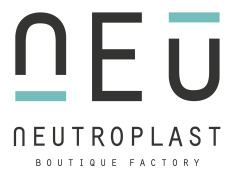
Related News
-
News 5 big pharma companies agree to decarbonise operations in China
Following extensive talks, leading pharmaceutical companies sign an agreement to work with renewable energy companies to decarbonise their manufacturing supply chains in China and switch to renewables. -
News CPHI Podcast Series: The 2023 Retro – what have we learnt from the past year in pharma?
Welcome to the last episode of 2023! Digital Editor Lucy Chard is joined by her teammates in a special retrospective episode to close out the year. Guests Vivian Xie, Editor for CPHI Online and Tara Dougal, Content Director for Pharma, discuss their hi... -
News Pharmaceutical industry supports COP28 health stance in joint statement
As COP28 takes place over this week in Dubai, UAE, several bodies in the pharmaceutical and health industries have come together to announce support of key movements in sustainability in the sector, and to recognise sustainability as a health issue.&nb... -
News CPHI Barcelona 2023 – From the Floor
It's that time of year again - the biggest pharma event of the year comes to Spain this October for CPHI Barcelona 2023. Follow our Editors Vivian Xie and Lucy Chard as they worked their way through the conference, bringing highlights from content ... -
News CPHI Barcelona Annual Report illuminates industry trends for 2024
The CPHI Annual Survey comes into it’s 7th year to report on the predicted trends for 2024. Over 250 pharma executives were asked 35 questions, with their answers informing the industry landscape for the next year, spanning all major pharma marke... -
News CPHI Barcelona Sustainability Partner Interview – Procaps' improvement through innovation
Procaps, developer of pharmaceutical and nutraceutical solutions, medicines, and hospital supplies that reach more than 50 countries in all five continents, has partnered with CPHI Barcelona to support sustainability initiatives, to be highlighted at t... -
News The future of robotics in pharma: drug discovery to manufacturing
Robotics are starting to play a key role in the discovery and manufacturing of health and drug products, with numerous benefits, from cost reduction to increased sustainability, but there are challenges as well. -
News CPHI Barcelona Sustainability Partner Interview – Rontis' mindful management
Rontis Corporation, a leading supplier in the healthcare industry worldwide, has partnered with CPHI Barcelona to support sustainability initiatives, to be highlighted at the CPHI Worldwide event in Barcelona in October 2023.
Position your company at the heart of the global Pharma industry with a CPHI Online membership
-
Your products and solutions visible to thousands of visitors within the largest Pharma marketplace
-
Generate high-quality, engaged leads for your business, all year round
-
Promote your business as the industry’s thought-leader by hosting your reports, brochures and videos within your profile
-
Your company’s profile boosted at all participating CPHI events
-
An easy-to-use platform with a detailed dashboard showing your leads and performance

